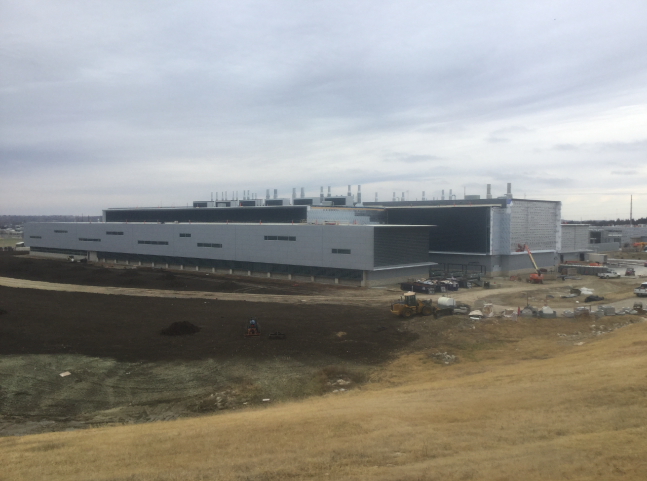
A new facility — the National Bio and Agro-Defense Facility — meant to house top-of-the-line labs for research into foreign animal diseases will soon transfer from the United States Department of Homeland Security (DHS) to the U.S. Department of Agriculture (USDA), but outstanding issues could delay this.
That is the warning from the Government Accountability Office (GAO), at any rate. In a new report from the governmental watchdog, it determined that any delays would come through no fault of the agencies’ own — both are following practices for a successful transfer. Yet between the outbreak of COVID-19 and certain critical steps that remain, the facility may not be ready to open in December 2022 as planned.
Foreign animal diseases can, in some instances, infect people, but their larger threat is that which they pose to U.S. livestock. The National Bio and Agro-Defense Facility is supposed to help develop countermeasures to these diseases, through a $1.25 billion facility in Kansas. While DHS originally was to own and operate it, ownership was shuffled to the USDA based on an executive order in 2017. In turn, GAO stepped in to review issues linked to that transfer of ownership.
While the USDA has prepared for that transfer by identifying and addressing staffing needs and pursued other key practices, some critical steps remaining include the USDA’s pursuit of approval for work with pathogens like foot-and-mouth disease, as well as the physical transfer of these pathogens to the facility. Further, COVID-19 has delayed construction by at least 2.5 months, by DHS estimates.
That has a cascading effect, as the USDA has stated that without knowing the full impact of those construction delays, the agency cannot fully assess the impact on its preparation efforts. However, even before the pandemic, one of the labs within the NBAF — the Biologics Development Module — was about a year behind schedule.




